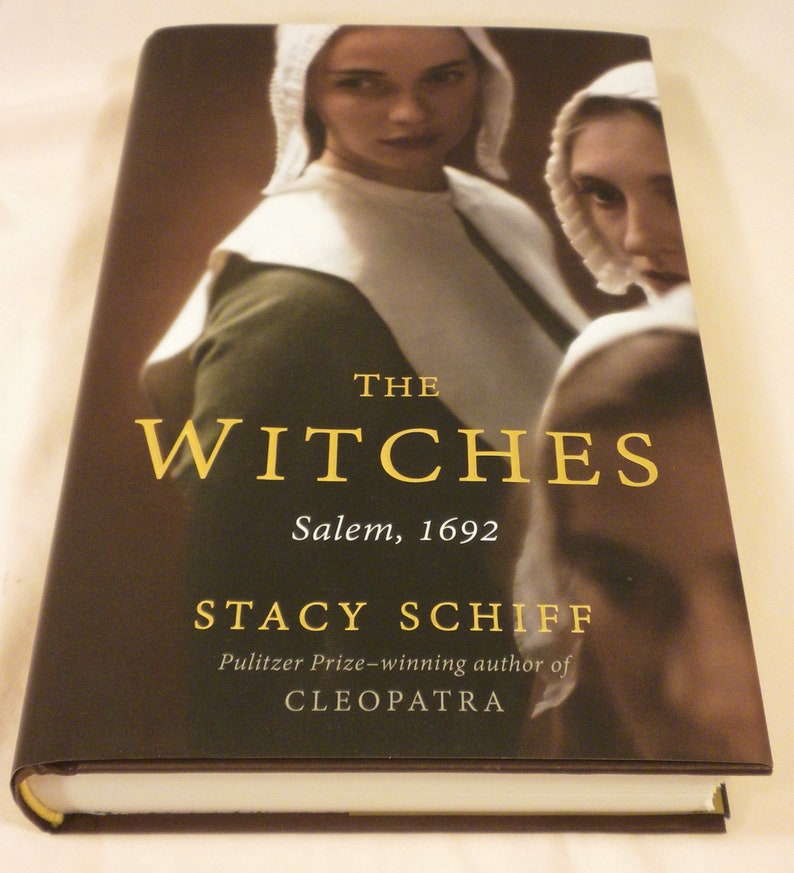
She spells out what's often left implicit about Salem, that it's one of the few episodes in American history when women, particularly young women, play the central role. Schiff suggests that these girls, who ordinarily wouldn't have captured the ear of powerful men, expressed in fits what they could not communicate in words. As you might expect from a writer whose last book focused on that mistress of intrigue Cleopatra, Schiff lingers longest over the bewitched accusers - most of them teenaged girls, the most vocal of whom were servants. Instead, Schiff, like a broomstick jockey flying through the night sky, surveys the whole panoramic expanse of Salem - the ministers and the odd women easily targeted as witches, the intransigent judges and the tavern owners and jail keeps who made a killing on the phenomenon of the witch trials. Unlike, say, historian Mary Beth Norton's superb 2002 book, "In The Devil's Snare," built on her crucial insight that many of the alleged victims of witchcraft were also traumatized survivors of the Indian wars that ravaged the area, "The Witches" isn't fueled by one central hunch. She seems to have digested all the available contemporary writings about the witch hunts as well as more recent scholarship. As a popular historical writer, Schiff is a proven spellbinder.


Now along comes Stacy Schiff exhuming the witch hunts once again in her eerie and engrossing new book, "The Witches." Schiff and Salem are well met. Think only of all those high school productions of Arthur Miller's "The Crucible" that get mounted every year. But no matter how deep Salem tried to bury the story, generations of scholars, writers and thrill seekers keep scrabbling at it. Salem diaries of the time are mum on the months of mid-1692. No official records of any of the sessions of the witchcraft court survived. Almost immediately after the witch hunts happened, Salem did its best to forget them.

In addition, one stubborn old man, a suspected wizard who refused to participate in his own trial, was pressed to death with heavy stones while several more accused witches died in prison and two demonic dogs were executed. By the time the Salem villagers came to their senses or grew exhausted or expelled the witches - take your pick of interpretations - 19 people, women and men, had been hanged. Specifically the nine months in 1692 when the town of Salem and surrounding areas spiked into a code-red-terror-alert mode.

MAUREEN CORRIGAN, BYLINE: It's our national campfire story, the Salem witch hunts, of course. Book critic Maureen Corrigan has a review of "The Witches." In this season of witches, a new book by Pulitzer Prize-winning author Stacy Schiff re-examines the most famous witches tale of them all.


 0 kommentar(er)
0 kommentar(er)
